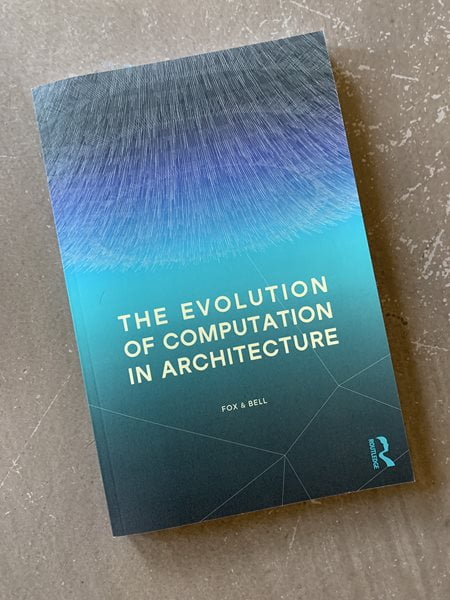Shaping Architecture’s Future: Brad Bell and the Impact of Computational Design
As the architectural world increasingly turns to digital innovation, blending technology and design helps redefine the profession. The Evolution of Computation in Architecture, a groundbreaking book co-authored by Brad Bell, Associate Professor in the College of Architecture, Planning and Public Affairs (CAPPA) at the University of Texas at Arlington (UTA), along with Michael Fox, offers a comprehensive look at how computer-aided design technologies have revolutionized architectural design, fabrication, and construction. Bell’s contribution to this text highlights his profound impact on architectural education and his leadership in advancing digital technologies within the field.

In The Evolution of Computation in Architecture, Bell's insights highlight the role of digital approaches in architectural development. The book presents a historical timeline, starting with the visionary thinkers of the 1970s and continuing through the transformative decades that followed. The book explores the ways in which computer-aided design tools have allowed architects to push the boundaries of traditional design, offering new avenues for innovation and creativity.
Brad Bell’s academic journey and career reflect his deep commitment to integrating computational tools into architecture. He holds a Master of Science in Architecture from Columbia University and a Bachelor of Environmental Design from Texas A&M University. Over the years, Bell has been recognized for his influential work in the architectural community. From 2016 to 2023, he served as the Director of the School of Architecture at UTA, where he championed digital fabrication and computational design as core elements of the curriculum.
Brad Bell’s work is a testament to the power of technology in shaping the future of architecture. As digital design continues to evolve, Bell’s work will assist the next generation of architects to explore the endless possibilities that these tools offer in shaping the built environment.